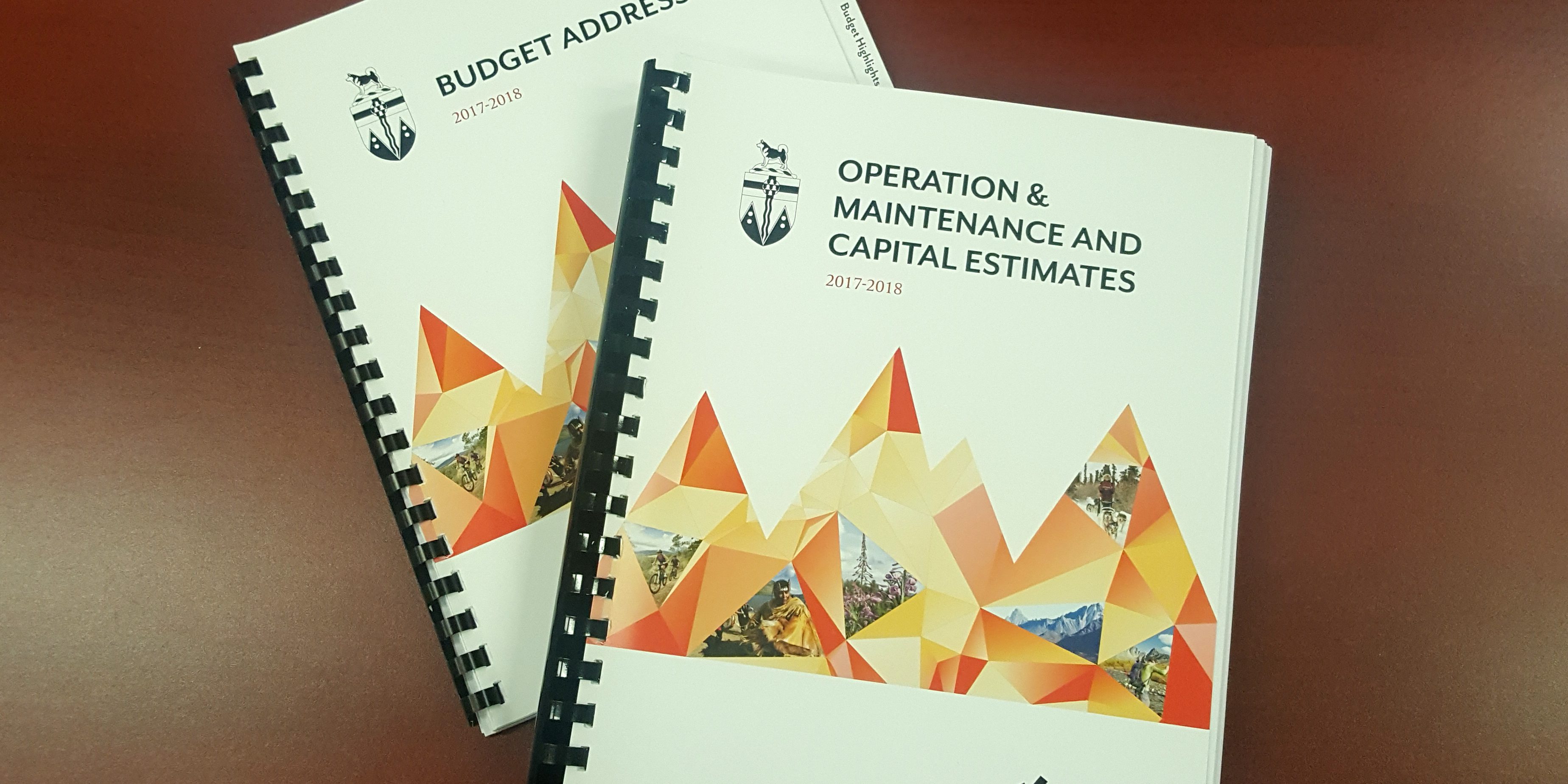This week in the Legislative Assembly, the topic of debt came up in debate. The terms debt and net debt describe significantly different things. Here’s a break down of what these terms mean for the 2017/18 Budget:
Debt arises when one party borrows money from another party, usually at a certain cost (the interest). For example, typically you borrow money from a bank in order to buy a house. Your mortgage is your agreement with the bank to pay them back the money borrowed within a certain period of time (e.g., 25 years) at a certain interest rate. The amount you owe bank is the amount you are in debt. You might also have borrowed money to buy a car, build an addition on to your house, or even just to buy plane tickets for a vacation. All of this figures into your debt – the amount of money you owe to others.
Whereas debt is a measure of the money you owe to others, net debt is an indication of your ability to pay off all of your debts if they were all owed at the same time. To calculate net debt, you take all of your debts, or liabilities, and subtract all of the money you currently have as well as the value of the other assets you could sell for cash if needed (e.g., house, car, etc.). If you used all of your cash and other assets to pay off your debts, your net debt basically tells you how much debt would be left.
The Budget Projections forecast net debt over the next few years (2018-2021) totaling $216 million in 2020-21. This number indicates that if all of the Yukon government’s debts had to be paid at the same time, there would be $216 million dollars in debt remaining.
Will Yukon need to borrow to pay its forecasted net debt?
No. Fortunately, we do not need to borrow to pay the forecasted net debt and there is no plan to do so in the future. Because many of the liabilities included in Yukon’s net debt calculation will not be due for several decades, there is no immediate requirement to borrow to pay these debts. These liabilities include environmental liabilities like the costs associated with cleaning up landfills at the end of their lifespan as well as post-employment benefits like pensions, severances and sick leave, which do not need to be paid immediately or all at once. Yukon’s significant cash reserves also ensure that the territory is well equipped to pay these debts, if needed.


